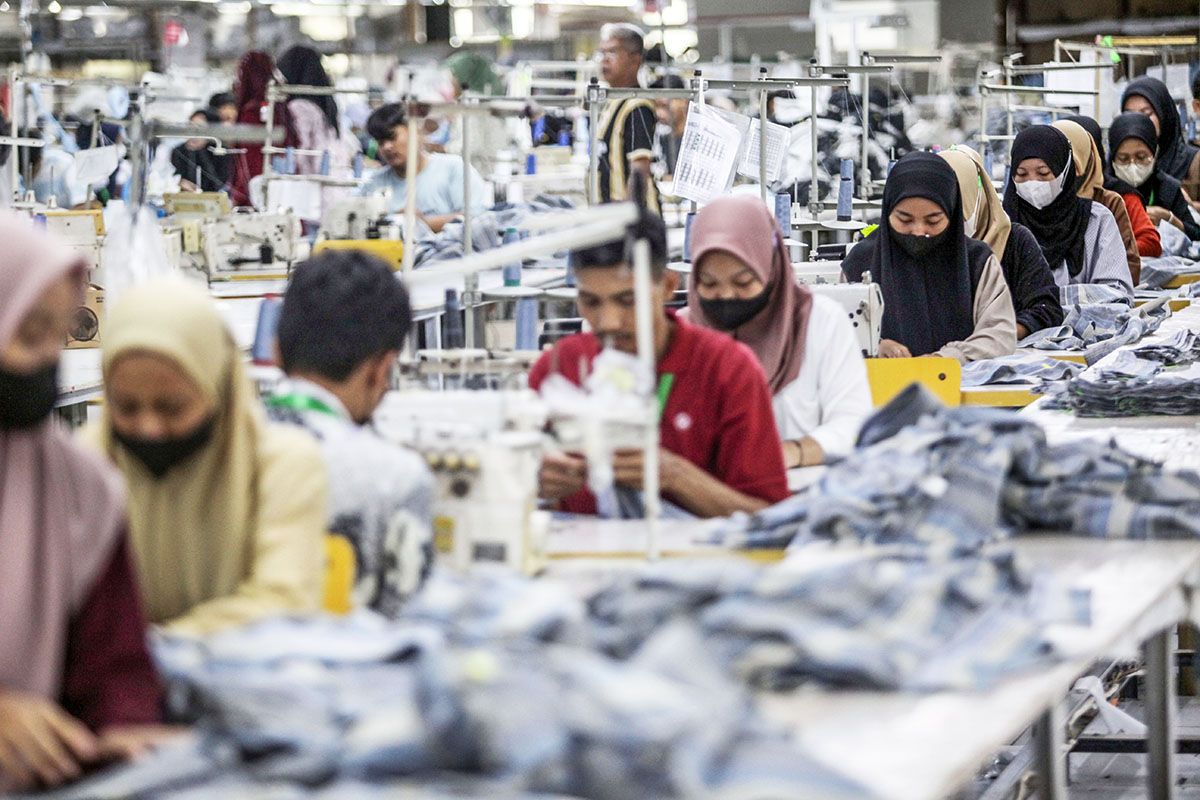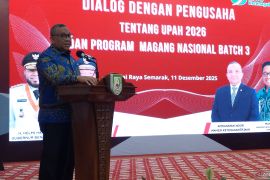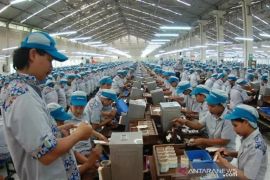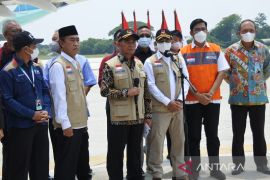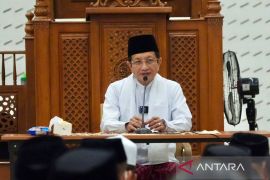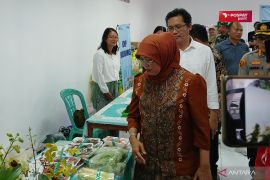But this tells only part of the story. Different countries have very different wage dynamics, and within the region 1.3 billion vulnerable workers—including women, migrants, workers with disabilities, and those in informal jobs—struggle with low pay, poor working conditions, and rising living costs.
An increase in average wages does not automatically translate into higher purchasing power for these workers and, even when it does, it may still fall short of ensuring a decent standard of living.
Minimum wages, which are legally binding wage floors, are designed to protect workers against unduly low pay. They are adjusted periodically but often do not guarantee a minimum standard of living or provide enough to meet the needs of workers and their families.
This is where the concept of a living wage becomes transformative, shifting the focus to whether workers earn enough to afford a decent standard of living for themselves and their families. It is rooted in the International Labour Organization (ILO) Constitution and reflects the spirit of the Universal Declaration of Human Rights.
A living wage can be achieved through inclusive wage-setting processes based on social dialogue between governments, employers, and workers, and through collective bargaining, while also addressing the root causes of low pay.
In recent years, living-wage initiatives have gained visibility and momentum. While these efforts have raised awareness and encouraged progress in some areas, they often operate in a fragmented manner and may not align with national wage-setting mechanisms, adequately consider local economic realities, or ensure the full participation of workers’ and employers’ representatives.
The latest Global Wage Report 2024–25 highlights persistent challenges in wage growth and inequality. Since the turn of the century, wage inequality has narrowed in most countries, but this is not universal, and inequality remains unacceptably high.
More than 90 percent of low-wage workers in the region are in informal employment. Women and migrants continue to be heavily concentrated among the low-paid.
Recognizing these challenges, the ILO took a historic step in March 2024, when its Governing Body endorsed an agreement on living wages.
One month later, the ILO launched its first global programme on living wages with two main goals: supporting the production of reliable living-wage estimates and a “wage data hub,” and strengthening wage-setting systems so living wages can become a reality.
Now it is Asia-Pacific’s turn to lead. On 23 September 2025, the ILO and the Government of Sri Lanka will host the first Regional Living Wage Dialogue under the Global Coalition for Social Justice.
Governments, employers’ and workers’ organizations, the private sector, and international partners will gather in Colombo to exchange ideas and shape solutions.
A key highlight will be the launch of the Asia-Pacific Digital Repository for Minimum Wages—a pioneering online platform that consolidates official minimum-wage data and related indicators to support transparent, evidence-based social dialogue for setting adequate and balanced wages.
To make real progress, the region must focus on five priorities: strengthen wage-setting institutions to ensure genuine tripartite dialogue between government, employers, and workers, and foster collective bargaining; strike a balance between fairness and sustainability, ensuring wages meet workers’ needs while reflecting economic realities; leverage data to guide informed, effective decisions; align living-wage initiatives so private and civil-society efforts connect with ILO principles and national frameworks; and tackle inequality and the root causes of low pay by reducing informality, promoting decent jobs, and boosting productivity growth, while ensuring all workers share in economic progress.
Asia and the Pacific stand at a turning point. With its vast workforce and role as a global economic engine, the region can demonstrate that living wages are not merely aspirational but achievable through a systematic approach grounded in social dialogue.
If Asia-Pacific succeeds, the impact will extend far beyond the region, proving that living wages are the foundation of sustainable growth, decent work, and the reduction of poverty and inequality—upholding social justice and dignity for every worker.
*) Kaori Nakamura-Osaka, ILO Assistant Director-General and Regional Director for Asia and the Pacific
*) The views and opinions expressed on this page are those of the author and do not necessarily reflect the official policy or position of the ANTARA News Agency
Copyright © ANTARA 2025
